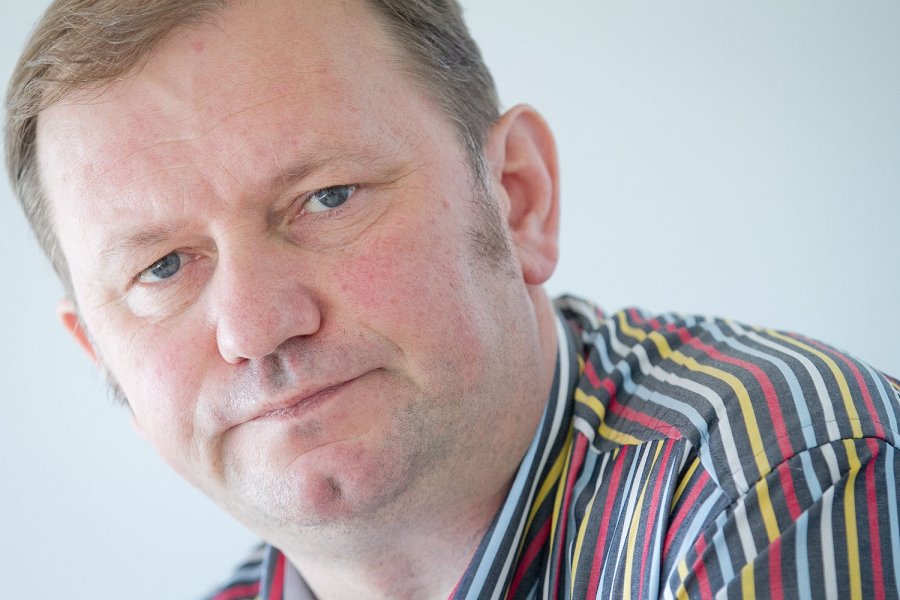The United Nations Human Rights Council has appointed professor Dainius Pūras, a psychiatrist and human rights defender from Lithuania, as the new UN special rapporteur on the right of everyone to the enjoyment of the highest attainable standard of physical and mental health. For the very first time, a representative from Lithuania will occupy this high-ranking United Nations position.
Nineteen candidates from all over the world vied for this position, with Sophi Gruskin, a law professor from the US, and Armando de Negri Filho, a famous doctor from Brazil, being among them. "I decided following consultations to appoint Mr. Dainius Puras from Lithuania, who has extensive experience and qualifications for that position," stated Baudelaire Ngong Ella, Chairman of the Human Rights Council, in his letter to the other members.
The Role of special rapporteurs in the UN System for the Protection of Human Rights
Special rapporteurs are independent human rights experts who have been granted their mandate by the United Nations, being critically important to ensuring human rights in the modern world. They are responsible for launching investigations into specific human rights violations within the territory of a particular state. Although their contribution to the development of international human rights standards is considerable, special rapporteurs do not receive any remuneration for their work, only administrative support from the Secretariat.
At the moment, there are 51 special rapporteurs within the United Nations, who all report to the Human Rights Council and the General Assembly.
Prioritizing the Openness of the Health Care System
"The fact that I have been appointed to be the UN special rapporteur is, first of all, a tribute to the consistent work of civil society in Lithuania - and I have always considered myself to be its active member," said Dainius Pūras, the long-standing Chairman of the Human Rights Monitoring Institute. "The United Nations understand very well just how important the recommendations of independent experts are to the protection of both the public good and public health - and, after all, these independent experts are usually products of non-governmental organizations that aim to monitor and assess the decisions of state institutions."
The experienced human rights defender also stressed that his work will prioritize helping make the global health care system open to society in general and friendly to all vulnerable groups. "Today it is also very important to ensure that independent experts and passionate citizens are vigilant in monitoring the use of expensive biomedical technology," claimed Dainius Pūras.

(Photo: DELFI - Š.Mažeikos nuotr.)
Dainius Pūras: Founder of the Lithuanian Welfare Society for Persons with Mental Disability
Dr. Pūras has been working in the Faculty of Medicine of Vilnius University since 1986, and was Head of the Faculty from 2000 to 2002.
In 1989, Dr. Pūras established one of the very first non-governmental organizations in Lithuania - the society "Viltis" ("Hope" in Lithuanian) for parents with children that have a mental disability. Dr. Pūras was Chair of the Board for both the Human Rights Monitoring Institute and Global Initiative on Psychiatry. Currently, he leads the informal coalition of Lithuanian NGOs "Už vaiko teises" ("For the Rights of the Child" in Lithuanian), is an active participant in the affairs of international human rights organizations and has consulted with the governments of numerous states on health policy issues.
Between 2007-2011, Dainius Pūras was a member of the UN Committee on the Rights of the Child.



